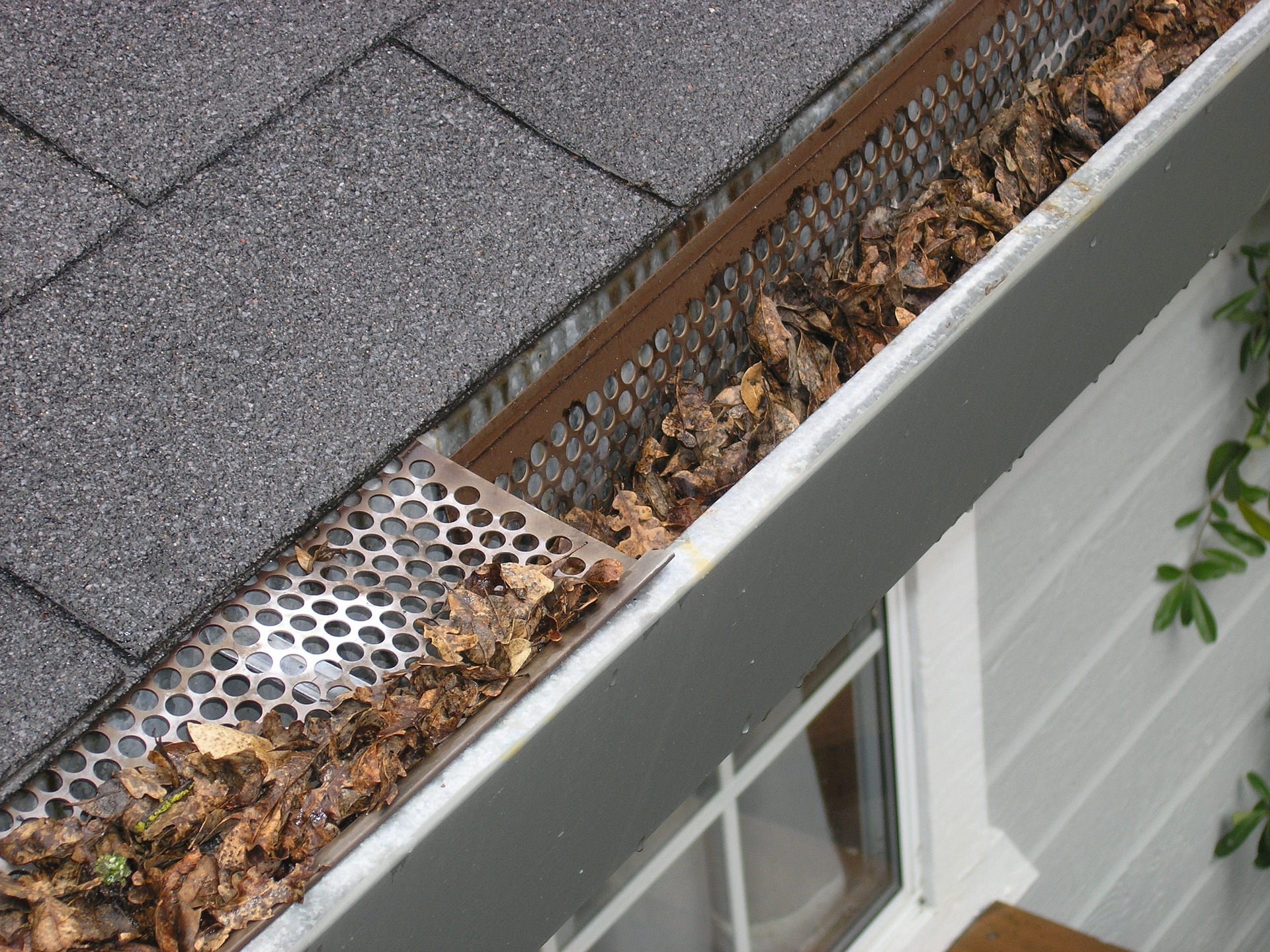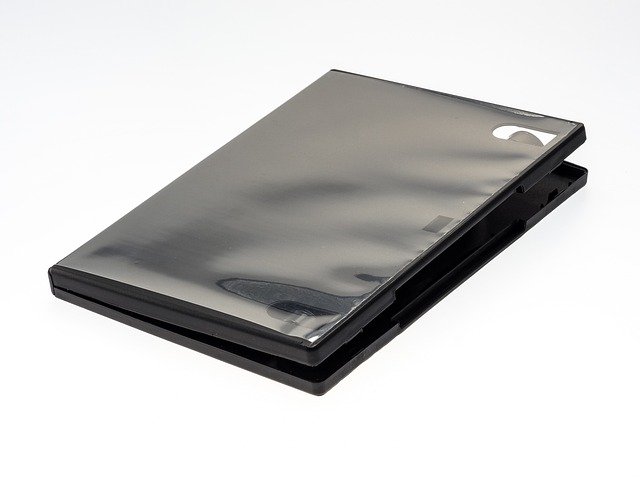Cleaning services: types, standards and choosing local providers
Cleaning services cover a wide range of tasks for homes, offices and specialised facilities, from routine tidying and waste removal to deep cleaning, carpet care and infection control. Choosing the right provider depends on the space, frequency, safety requirements and local regulations. This article explains common service types, relevant standards, how to evaluate local services, typical contract models and examples of established providers you can research in your area.

What types of cleaning services exist?
Cleaning services range from basic domestic or office cleaning to specialised commercial and industrial work. Common categories include regular domestic cleaning, one-off deep cleans, end-of-tenancy cleaning, carpet and upholstery cleaning, window cleaning, and specialist services such as biohazard decontamination, medical facility cleaning, and industrial floor maintenance. Many companies also offer facilities-management bundles that combine cleaning with recycling, washroom services and janitorial supplies. Service frequency (daily, weekly, monthly) and scope should be clearly defined in any agreement.
What standards and certifications matter?
When assessing providers, look for recognised standards and industry accreditations that indicate consistent practice and compliance. Relevant items to check include British Institute of Cleaning Science (BICSc) training or membership, health and safety accreditations such as CHAS or SafeContractor, and management system certifications like ISO 9001 (quality) or ISO 14001 (environment). For sites handling hazardous substances, ask about COSHH procedures. For staff working in sensitive environments, DBS checks and documented training records are important. Confirming insurance coverage and risk assessments helps protect clients and workers.
How to evaluate local services and contracts
Evaluating local services involves more than price. Request a written scope of work, visit or site survey, references from similar premises, and clarification on staffing, supervision and supply chains. Verify insurance (public liability and employer’s liability), cleaning products used, environmental policies, and whether consumables are included. Consider contract flexibility (trial periods, exit terms), performance monitoring (KPIs, inspection reports) and complaint-resolution processes. Clear communication and a well-drafted service level agreement reduce misunderstandings and help maintain consistent standards.
Pricing and contract types
Pricing models in cleaning vary: hourly rates for ad hoc work, per-square-metre or per-room pricing for larger contracts, and fixed monthly fees for ongoing services. Contract length can range from short-term and rolling agreements to fixed-term contracts with renewal options. Many providers offer bundled pricing for packages that include supplies and washroom services. While exact prices depend on location, premises size and service level, expect proposals to itemise labour, materials and any equipment costs. Always ask for a detailed quote and clarification on what constitutes additional charges.
Local providers and what they offer
Below are examples of established providers operating in the UK market. This list is illustrative; verify current services and terms directly with each provider.
| Provider Name | Services Offered | Key Features/Benefits |
|---|---|---|
| Mitie | Commercial cleaning, facilities management, specialist cleaning | Integrated FM services, national coverage, bespoke contracts |
| ISS | Integrated facilities services including cleaning and janitorial | Global operator with local teams, training programmes |
| OCS Group | Workplace cleaning, washroom services, specialist hygiene | Wide service range, focus on compliance and supply chain |
| Servest | Commercial cleaning, facilities management, specialist services | Emphasis on frontline staff training and operational oversight |
| Rentokil Initial | Hygiene services, specialist cleaning products and washroom services | Strong hygiene portfolio, product-led solutions |
These providers are examples of organisations with public profiles and offerings in the UK market. Service scope and availability can vary by region, and local independent companies may offer competitive or specialised solutions tailored to particular premises.
Conclusion
Selecting a cleaning service benefits from a structured approach: define needs clearly, check certifications and insurance, request detailed written proposals, and evaluate references and monitoring mechanisms. National providers offer scale and standardisation, while local companies may provide flexibility and rapid responsiveness. Comparing scope, contractual terms and evidence of quality will help ensure the chosen service aligns with safety, compliance and budget expectations.




